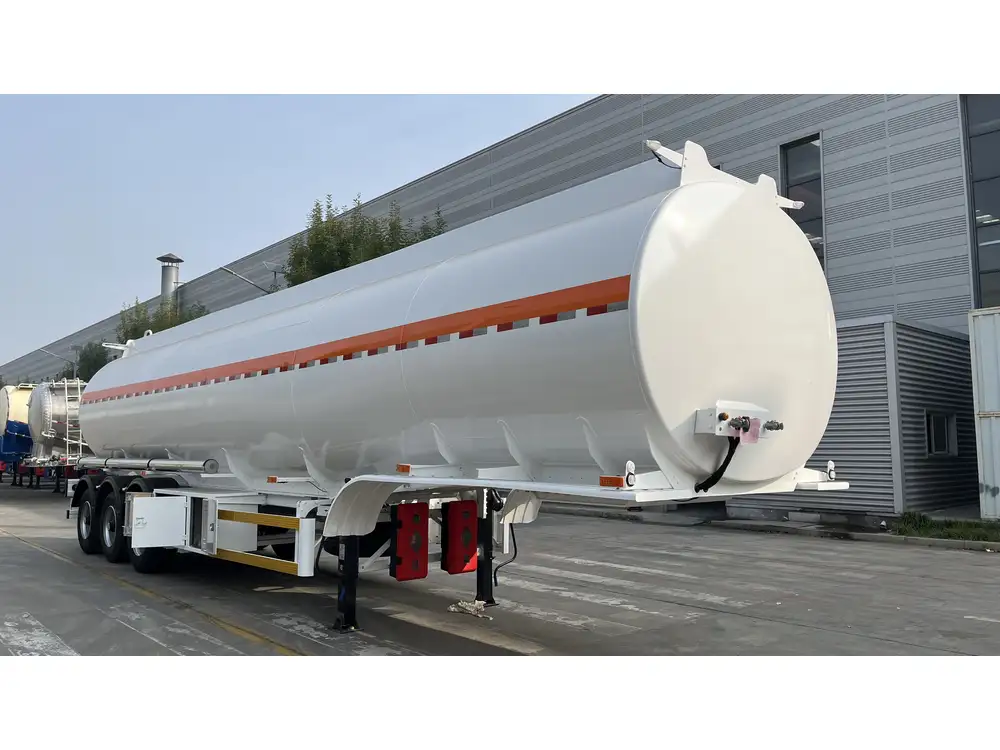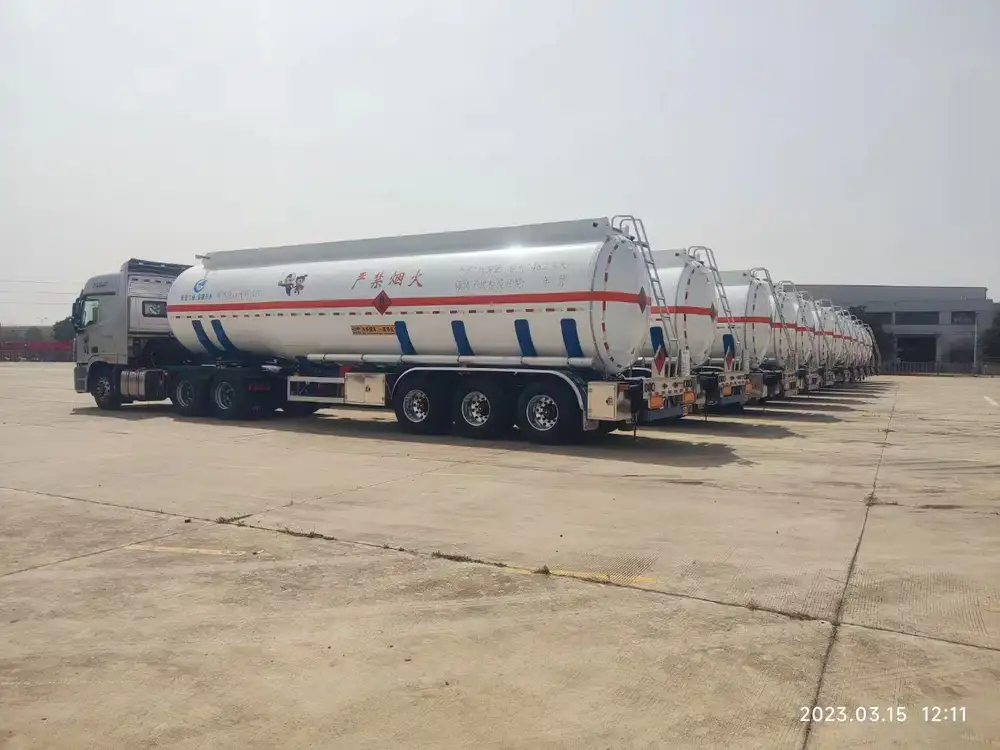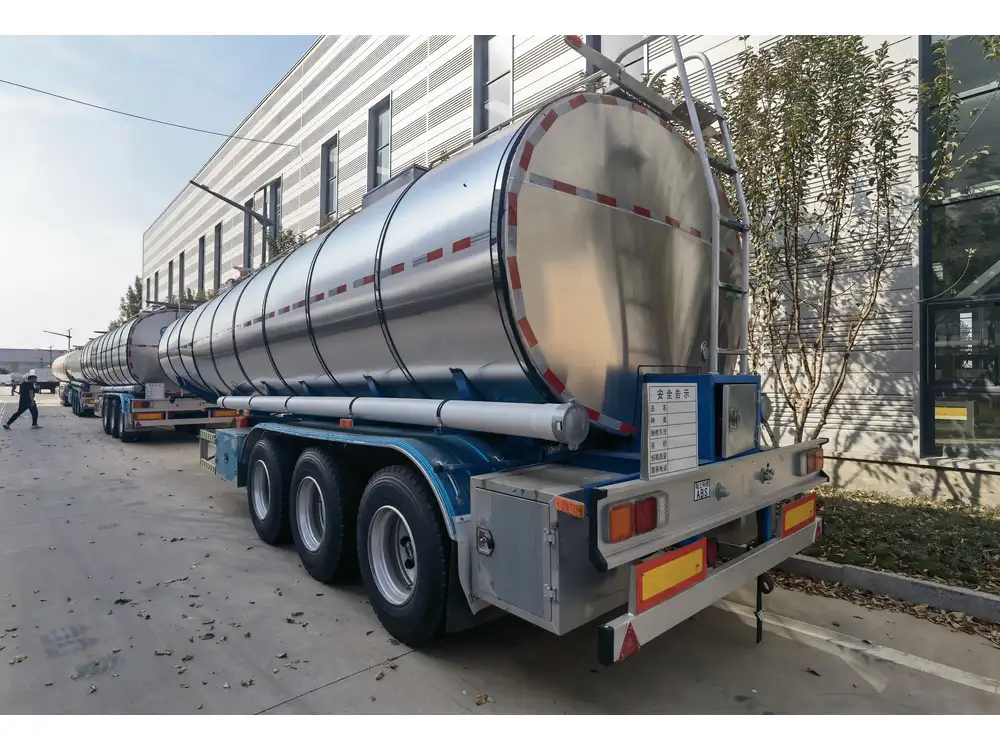When it comes to transporting machinery, vehicles, or large items, a flatbed trailer is often the best solution, providing versatility and ease of use. Whether you’re a contractor needing to move heavy equipment or simply someone looking to haul oversized cargo, knowing where to rent a flatbed trailer can significantly impact the efficiency and cost of your project. In this guide, we provide an in-depth look at the various aspects of renting flatbed trailers, ensuring that you make an informed choice.
Understanding Flatbed Trailers
What Is a Flatbed Trailer?
A flatbed trailer is a type of motor vehicle trailer that has a flat, level bed with no sides or roof. This design makes flatbed trailers ideal for transporting large or awkwardly shaped loads that would not easily fit in enclosed trailers. Common applications include transporting cars, construction equipment, and other oversized items that need to be loaded and unloaded quickly.
| Type of Flatbed Trailer | Description | Typical Uses |
|---|---|---|
| Standard Flatbed Trailer | Basic, open design | General hauling of diverse cargo |
| Step Deck Flatbed | Lower deck height | Hauling taller loads while remaining within height restrictions |
| Double Drop Trailer | Two lower decks | Transporting extremely tall items |
| Gooseneck Flatbed | Attached via a gooseneck hitch | Increased stability and maneuverability, often used for heavy equipment |

Advantages of Using Flatbed Trailers
The utilization of flatbed trailers provides numerous advantages:
- Easy Loading and Unloading: Thanks to the open design, loading and unloading can be performed from the sides or rear, which is crucial for heavy machinery or vehicles.
- Versatility: Suitable for a range of cargo from construction materials to personal vehicles, flatbed trailers accommodate a vast array of transportation needs.
- Customizability: Many rental companies offer customizable options, allowing for accessories like ramps, stakes, and tarpaulins, further enhancing usability.
Key Considerations When Renting Flatbed Trailers
1. Determine Your Load’s Specifications
Before seeking a rental, assess the requirements of your cargo.
- Weight: Consider the total weight of the items you’ll be hauling. Most flatbed trailers have a weight capacity ranging from 10,000 to 20,000 pounds or more. Ensure that your choice aligns with these limits to avoid mechanical issues or safety hazards.
- Dimensions: Measure the length, width, and height of your cargo. A flatbed trailer should have enough space to accommodate your load, taking into account additional factors like safety and tie-downs.

2. Understand Rental Policies
Familiarize yourself with the rental policies of various companies. Essential factors include:
- Rental Duration: Some places may have daily, weekly, or monthly rental options. Picking a plan that aligns with your usage can help save costs.
- Insurance Requirements: Understand whether rental insurance is included or if you need to obtain your own. This is imperative to mitigate risks and protect your financial interests.
3. Compare Pricing
Rental costs can vary significantly based on the trailer type, location, and rental duration.
- Base Rental Fees: Verify the base rate for the flatbed trailer. This should include the trailer itself, but may exclude necessary accessories or equipment.
- Additional Charges: Look out for hidden fees that may include mileage charges, late return penalties, or fuel surcharges, which can inflate the overall rental cost.
| Company | Trailer Type | Base Rental Fee | Additional Charges |
|---|---|---|---|
| Company A | Standard Flatbed Trailer | $75/day | $2/mile, late fee: $30 |
| Company B | Step Deck Trailer | $90/day | No mileage fee, insurance extra |
| Company C | Gooseneck Flatbed | $100/day | $1.50/mile, equipment not included |
Top Places to Rent Flatbed Trailers

1. National Rental Chains
U-Haul
U-Haul is renowned for its extensive rental services, including flatbed trailers.
- Availability: Wide availability across the United States.
- Pricing: Competitive pricing with transparent fee structures.
- Accessories: Offers truck and trailer rental bundles for added convenience.
Penske
Penske provides heavy-duty flatbed trailers suited for commercial use.
- Fleet Variety: Choices from standard to specialized trailers.
- Customer Service: Known for robust customer service support.

2. Local Trailer Rental Companies
Local rental services can be more flexible and oftentimes, more affordable compared to national chains.
Local Trailer Shops
Search for local trailer rental shops in your area. Often, they provide personalized service, flexible pricing, and unique inventory.
Advantages:
- Local Expertise: Knowledgeable staff can advise on the right trailer for your specific needs.
- Community Connection: Supporting local businesses can be beneficial for the economy.
3. Online Marketplaces

Peer-to-Peer Rental Platforms
Consider using online peer-to-peer rental platforms where individuals rent out their flatbed trailers.
- Examples: Turo, Getaround, and other similar platforms.
- Benefits: Potentially lower costs and the ability to negotiate rental terms.
How to Pick the Right Flatbed Trailer Rental Company
1. Check for Reviews and Reputation
Before making a decision, investigate the reputation of the rental company. Utilize online review platforms like Yelp or Google Reviews to gauge customer satisfaction.

2. Inquire About Maintenance Records
A well-maintained flatbed trailer is crucial for safety and reliability. Ask about their maintenance records and repair history to ensure the trailer is in top condition.
3. Confirm Availability of Support
Renting a flatbed trailer can sometimes involve unexpected challenges. It’s beneficial if the rental company provides 24/7 customer support or roadside assistance.
Essential Tips for Using Flatbed Trailers

Safe Loading Practices
- Weight Distribution: Ensure that the load is evenly distributed to avoid tipping during transport.
- Secure the Load: Utilize ratchet straps or chains to secure items to the trailer, preventing them from shifting during transit.
- Follow Regulations: Be aware of local laws regarding load height and securing cargo to avoid legal issues.
Efficient Unloading Techniques
- Plan Ahead: Identify the best method to unload your cargo based on its size and location at the delivery site.
- Use Proper Equipment: Employ cranes, forklifts, or ramps to safely offload heavy items.
Maintenance During Rental
Regularly inspect the trailer while in use:
- Tire Pressure: Check tire pressure before each trip.
- Brakes and Lights: Ensure braking and lighting systems are functioning correctly to maintain safety on the road.

Conclusion
Renting a flatbed trailer doesn’t have to be a complex matter. By understanding the key considerations—including load specifications, rental policies, and comparing prices—you can make an informed decision that best suits your needs. Whether you’re leaning towards national chains, local businesses, or peer-to-peer platforms, analyzing the offerings of each can save you time and money.
Ultimately, the right rental choice can enhance your logistical capabilities, ensuring that your cargo reaches its destination safely and efficiently. As you embark on your search for ‘where to rent flatbed trailer,’ keep this guide close at hand to optimize your options for a seamless rental experience.



